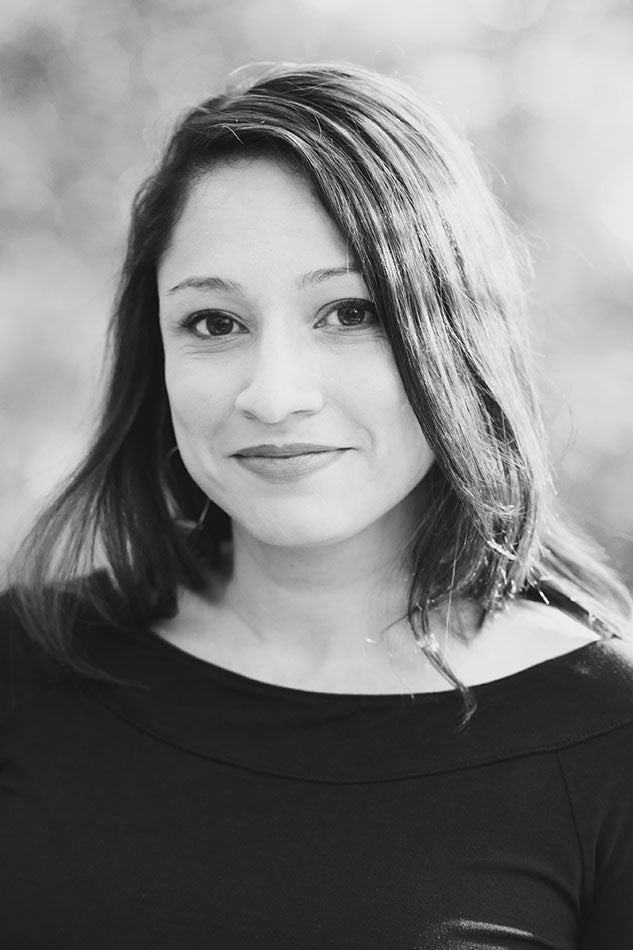City Poet
Leslie Contreras Schwartz steps into a public role as Houston’s poet laureate.

Why does Houston need poetry? That’s a question Leslie Contreras Schwartz ’02, an editorial assistant in Rice’s Department of Bioengineering, is already answering in her new capacity as Houston’s poet laureate. Her two-year term began in May.
“Poetry allows us to express ideas and experiences that are not available to us in everyday conversation,” said Contreras Schwartz, who graduated with an English degree from Rice before earning her master’s degree in poetry from the prestigious Master of Fine Arts Program for Writers at Warren Wilson College in Asheville, N.C.
As poet laureate, she’ll be hosting workshops and teaching others — especially those in marginalized communities or suffering mental health issues — how to use the power of poetry to convey their feelings, frustrations, hopes and dreams.
A fourth-generation Houstonian, Contreras Schwartz hopes her deep roots will help in achieving her goals, which include elevating the voices of minority populations to achieve a greater recognition of the city’s diversity. Her great-grandfather came here as one of the first Mexican Americans to immigrate to Houston, opening a blacksmith shop near the First Ward on the site of what is now the Downtown Aquarium. Contreras Schwartz grew up in Aldine and graduated from Eisenhower High School before attending Rice as a transfer student from the University of St. Thomas.
An introvert, Contreras Schwartz’s transition to a new school her sophomore year was tough, she said. She found comfort immersing herself in writing classes, including fiction writing with Max Apple, a favorite course. But she knew she’d found the right place when she took a class with Susan Wood, the Gladys Louise Fox Professor Emerita of English, who retired in 2013. “I was extremely, mortifyingly shy when I took her class, but she encouraged me.” Contreras Schwartz continues to credit Wood as the mentor who changed her entire outlook on writing.
“To go deeper than just studying something and to figure out how the study of that thing could enhance your life, that’s not something you find at every university,” she said. “Rice absolutely helped me get to this place.”
Contreras Schwartz’s own work takes on complicated social issues: mass shootings, women with mental illness and girls who have been trafficked or forced into sex work. These subjects and more fill the pages of her third collection of poetry, “Who Speaks for Us Here?”
“I write about pretty dark things,” she said. “But we need to talk about the dark things. We’re not given many spaces in which to do that. Poetry is a great space to express those ideas.”
– Katharine Shilcutt
